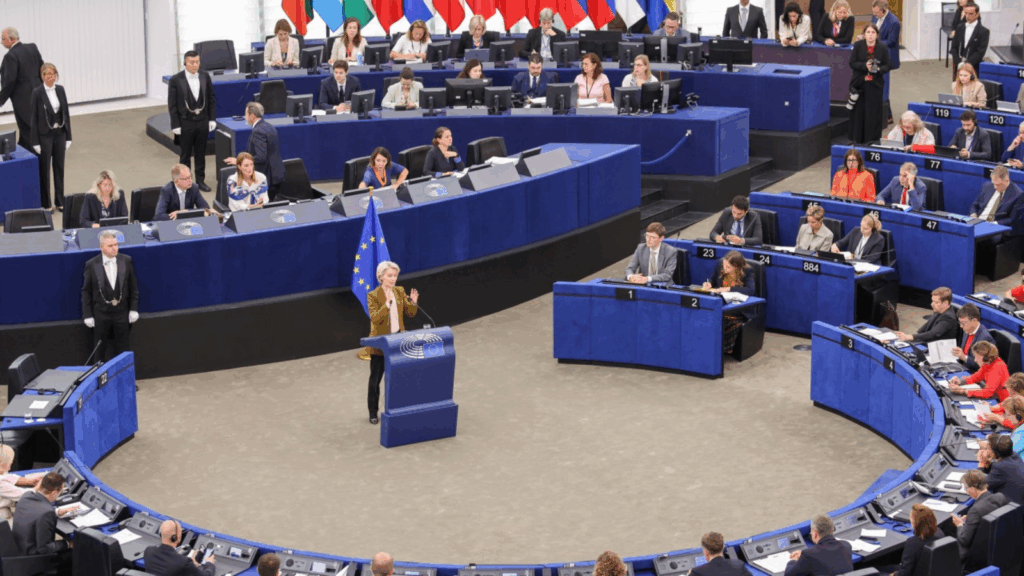On the 22nd of June 2022, the European Parliament adopted its position on three key EU draft laws to combat climate change by reducing greenhouse gas emissions by at least 55% by 2030 and to protect jobs and citizens.
The European Parliament on Wednesday announced its stance on three crucial EU regulations that are a part of the “Fit for 55 in 2030 package”, already discussed during a debate in plenary on June 7, 2022. According to the European Climate Law, the EU intends to reduce greenhouse gas emissions by at least 55 percent from 1990 levels by 2030 and achieve net-zero emissions (climate neutrality) by 2050. With regard to the ultimate form of these regulations, the Parliament is now prepared to begin talks with EU countries. The package is a crucial step in the EU’s effort to achieve independence on expensive and harmful Russian fossil fuels well before 2030.
Social Climate Fund to combat energy and mobility poverty
The establishment of a Social Climate Fund (SCF) to assist people most impacted by energy and mobility poverty manage the higher costs of the energy transition has the support of Parliament. The SCF ought to back:
- Temporary direct income support measures to combat the rise in the cost of fuel for heating and transportation (such as lowering energy taxes and fees);
- Investment in buildings renovation, using renewable energy, switching to public transportation, car-pooling, car-sharing, and engaging in active transportation (such as cycling). Fiscal incentives, vouchers, subsidies, and interest-free loans are a few examples of possible measures.
For more details, a separate press release will be available shortly here.
Emissions Trading System reform
The goal of the legislature is to encourage businesses to invest in low-carbon technologies and further cut their emissions. Accordingly, the Emissions Trading System (ETS) should be changed to include:
- New ETS II for buildings and road transport – citizens excluded until 2029
- The 2030 GHG emissions reduction target should be increased from 61% to 63%
- Free allowances to be phased out from 2027 and to end by 2032
- A bonus-malus system to be introduced from 2025
- Revenues to be used exclusively for climate action in EU and member states.
For more information, please visit the European Parliament’s website.
To learn more about current calls for proposals or Eurodiaconia’s funding events, please don’t hesitate to get in touch with our our Projects and EU Funding Officer Giorgia Signoretto at .



